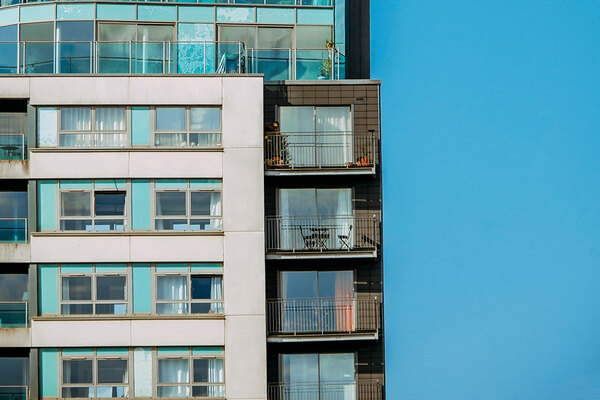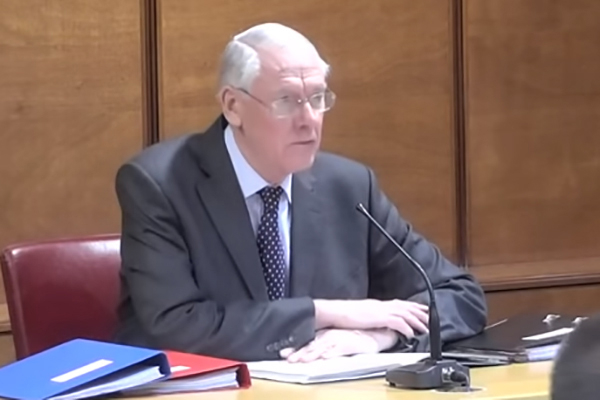Up to 600,000 people could be living in unsellable flats due to cladding guidance, Labour finds
As many as 600,000 people in England may be living in unsafe or unsellable high-rise properties due to a lack of government action and unclear advice over cladding safety, research from the Labour Party has found.
New analysis from the party estimates there are up to 600,000 people living in blocks over 18m, many of whom are struggling to sell their homes because they cannot confirm the safety of their buildings’ cladding.
Earlier this week, Inside Housing reported that surveyors and mortgage lenders are valuing properties well below their true value, or providing a value of zero, if building owners cannot demonstrate that the cladding meets the criteria of the government’s Advice Note 14.
Advice Note 14, which was issued in December last year, told owners of buildings above 18m to remove any combustible cladding unless it had passed a large-scale test or had a “robust” desktop study finding it to be safe.
Read Inside Housing’s investigation into the impact of Advice Note 14 here
The government recently came under fire for delaying the publication of test results on cladding not made of aluminium composite material (ACM), which was used on Grenfell, until all tests have been completed.
Labour’s analysis is based on data from the English Housing Survey, which shows the number of households living in private tower blocks above 18m, combined with government data on average household sizes.
The research was released yesterday, on the same day the Grenfell Inquiry published its phase one report, which recommends that the owner and manager of every high-rise building are required to provide details of external walls and the materials used to the local fire service.
Shadow housing minister Sarah Jones said: “Two and a half years after Grenfell, uncertainty and inaction from Conservative ministers continues to drag innocent homeowners into the cladding scandal.
“Ministers still have no idea how many tower blocks are covered in suspect cladding and they refuse to publish the results of essential fire tests first commissioned 20 months ago.
“The Conservatives simply do not care about keeping people safe in their homes and are now sitting idly by while the entire market for high-rise flats grinds to a standstill.”
Shadow housing secretary John Healey said: “Conservative ministers have been off the pace at every stage since the terrible Grenfell Tower fire.
“More than two years on from Grenfell, concerned residents in blocks around the country are still stuck in limbo, unsure whether or not their home is safe and unable to sell.
“The government must now act to test suspect cladding, publish the results and force private block owners to remove and replace all cladding found to be unsafe.”












